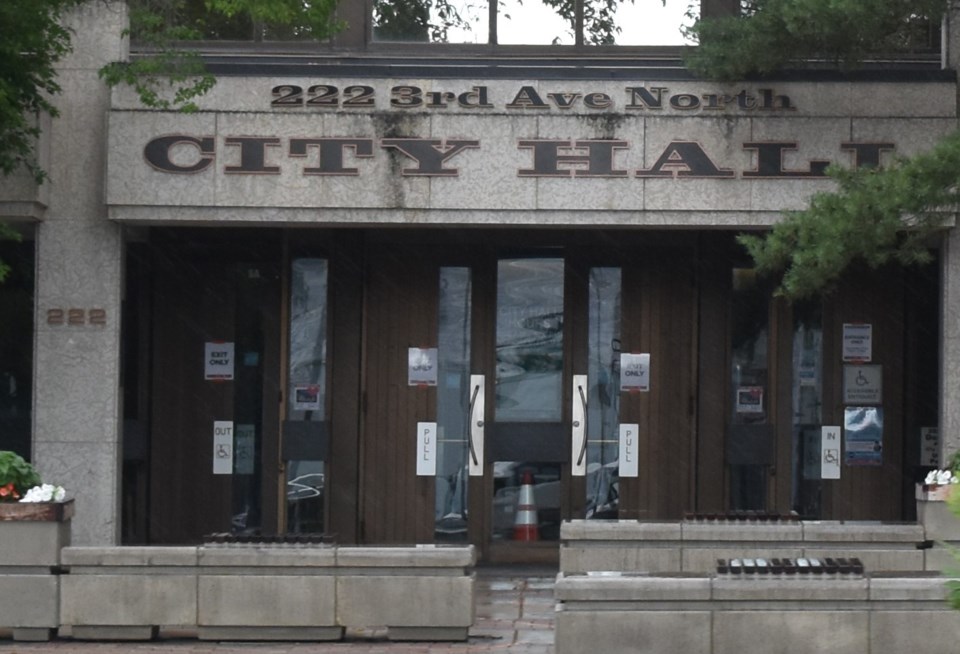SASKATOON — The City of Saskatoon has advised the public of the end of province-wide pruning ban for elm trees, a measure that is put in place each year from April 1 to Aug. 31 to prevent the spread of the Dutch elm disease. The province enacts the ban to make sure elm bark beetles won’t be attracted to freshly pruned trees during the early weeks of spring and late summer, when they are most active.
Provincial regulations also prohibit storing, transport, and use of elm wood during the four-month period. The city only permits movement of elm wood to its designated disposal site at the landfill. DED has killed thousands of elm trees in Canada.
DED was discovered in Saskatchewan in 1981 and continues to be found in more areas throughout the province. Twenty-five percent of Saskatoon’s urban forest are made up of elm trees and the dity had already three reported cases of DED since 2015.
The city’s surveillance and testing program continues to assess elm trees throughout the city and the most effective management strategy for DED is to not transport or store elm wood. Infected firewood is the most likely way that DED would be brought into Saskatoon.
In addition, keeping elm trees healthy by regularly watering and properly removing and disposing of dead and dying branches will deprive the elm bark beetle of its habitat. By following the provincial regulations, maintaining trees on your private property, and not transporting firewood, all citizens can help prevent the spread of DED.
American elm trees with DED may start showing symptoms as early as June. Typically, the leaves will start to wilt and turn yellow, then curl and turn brown.
Residents who start to notice any of these symptoms, are encouraged to complete the online form at or call Urban Biological Services at 306-975-2890. For more information on DED, visit .





